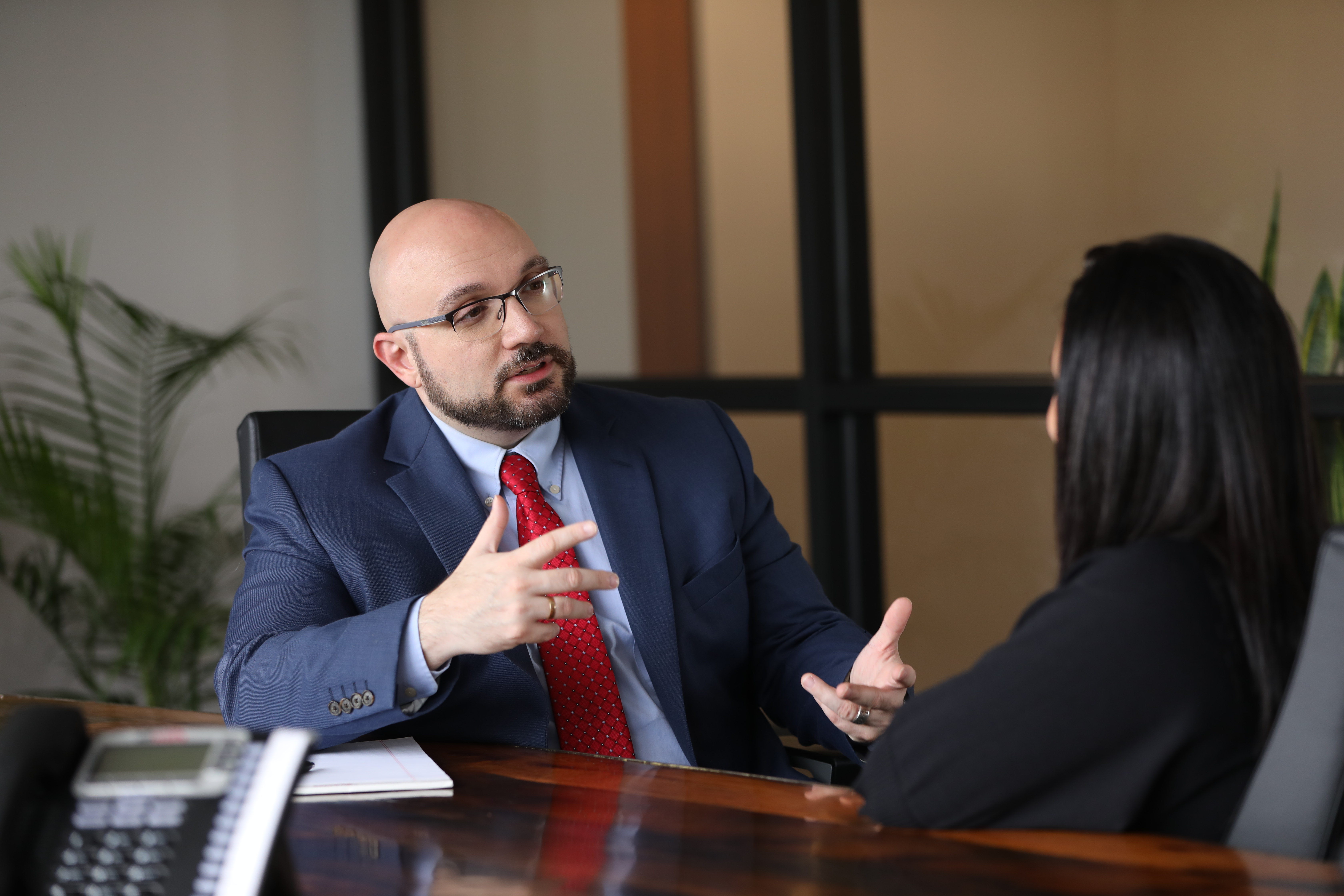2435 Route 6, 2nd Floor | Brewster, New York 10509
Legal Separation in Connecticut
Westport divorce attorney helps couples use legal separation as an alternative to divorce
If the circumstances of your marriage have become unbearable, but you are uncertain about divorce, you have the option of asking the court for a legal separation. At Needle|Cuda in Westport, our Connecticut family law attorneys have successfully negotiated legal separation agreements for our clients and have represented them in court when necessary to protect their interests. Legal separation is not just living apart but impacts your rights to spousal support, child custody, child support and property. Therefore, you should seek reliable advice from an attorney you can trust before taking any action.
What does legal separation mean in Connecticut?
Legal separation is a remedy for married couples who no longer want to live together but do not want a final divorce. The effect of a legal separation is essentially the same as a divorce except that neither party is free to remarry. Reasons for seeking a legal separation include:
- Religious objections to divorce
- Dependence on a spouse’s benefits, such as health insurance, which would terminate upon divorce
- Hope for a later reconciliation
Once you have a legal separation, you can obtain a final divorce more easily and quickly. If instead you reconcile with your spouse, you do not need to remarry in order to have a legally married status, as your marital status never changed.
What is the difference between legal separation and divorce in Connecticut?
The effect of a legal separation is essentially the same as a divorce except that neither party is free to remarry.
It is important to note that legal separation is not just living apart but impacts your rights to spousal support, child custody, child support and property.
How to get a legal separation in Connecticut?
Just as with a divorce, the legal separation process begins by one spouse filing a complaint with the court. The complaint may assert the same grounds for separation as would be used for divorce, including the “no fault” basis that the marriage is irretrievably broken down without hope of reconciliation.
While fault may also be asserted as a basis for the legal separation, it is extraordinarily rare since it is sufficient, for purposes of being able to obtain the separation, just to allege irretrievable breakdown. However, the cause of the breakdown of the marriage may still be relevant as a factor affecting alimony and distribution of property awards.
In most ways, the process and outcome of a legal separation are similar to that of a divorce, with the distinction being that at final judgment the parties to a legal separation are still legally married, and cannot remarry. The complaint must be served on the other spouse, who then has the opportunity to file an answer and cross complaint. The resolution of the case is likely to proceed generally in the same manner as a divorce, and may be resolved via a negotiated settlement or trial. A legal separation may also be converted, under certain circumstances, to a divorce.
Issues to be settled to obtain a legal separation
As with a divorce, a legal separation decree should cover such issues as:
- Spousal support — A separated spouse may be eligible for alimony.
- Child custody — The court can require you to attend a parenting program. A Connecticut child custody attorney at our firm can help you achieve a fair and practical parenting plan.
- Child support —Both parents share responsibility for supporting a child, but payments are usually made by the noncustodial parent to the other parent in amounts that are fixed based on need and financial ability. The child custody arrangement you decide upon will significantly impact an order for support.
- Property division — As with divorce, Connecticut employs the equitable distribution process, which divides the property of the spouses fairly based on consideration of a host of factors.
How these issues are decided can have a huge impact on your future. If you go on to request a dissolution of your marriage, the court will generally use the terms of your separation decree as the basis for your divorce decree. For this reason, you should not take any action without careful consideration under the guidance and advice of a skilled attorney.
Contact our Westport, CT divorce lawyers to discuss legal separation
Needle|Cuda in Fairfield County helps clients negotiate settlements and litigate legal separations throughout Connecticut. We provide highly responsive service and effective representation focused on positive results. To schedule a consultation, call us today at 203-557-9500 or contact our Westport office online.

